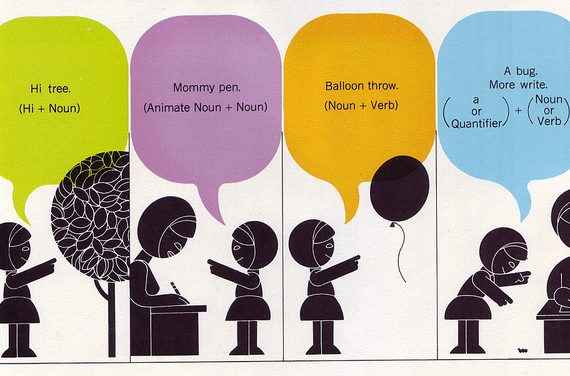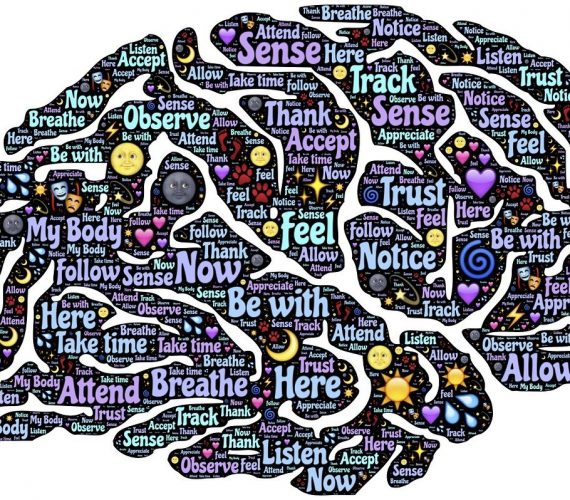
Hi and welcome to the Language Journeys blog. Here you will find material and posts related to language and language learning. We will see different methods for language learning so that you can decide which one works best for you. To be successful in a new language we need to be realistic about it. Learning a new language is not easy.
People do not seem to agree on how to learn a language. Some people say you should start by reading and listening, others by speaking from the first day. Others say the best way is to go to the target country. Some recommend to learn grammar, others to forget grammar, some like flashcards, others don’t. There is a lot of confusion, but why? We don’t have that confusion with math. You see something like this, and know that you have to know the rules to solve it:

However with language it is different, because you compare it to the way in which you learned your mother tongue. If you learned your first language (L1) with little effort, why would you have problems with a new language? The difference is that as a child you start from scratch and acquire the language at the same time as you develop your subcortical areas and assign meanings to words for the first time.
However, as an adult you already have a language so this time you are not learning, but RElearning a language, which makes a lot of difference. When you learn a L2, your L1 protects itself, creating a barrier. In this blog we will see ways to break that barrier so that you can succeed in your journey to fluency.
Would you like to help us grow in our mission to learn while traveling? Follow us on social networks and help us build a community of language travelers. Thanks for reading and good luck on your language journey.



Sabrina Rajanthiran
Hi, I am teaching English online. I have read all your articles regarding language learning. It’s really interesting and insightful. I agree with you that there isn’t a “one-size-fits-all” method. But based on what I read, maybe the communicative approach has a wider range. It combines both deductive and inductive grammar learning. So, what do you think? What approach should I use while teaching my students? I only have one year experience teaching online and I really want to become a more effective teacher. Please share your thoughts and insights with me. Thank you.
Manuel Aicart
Thanks Sabrina. I’m glad you find my opinions interesting. As you mention, the communicative approach combines deductive and inductive learning, so you can adapt it conveniently to match your students’ needs. In fact, “communicative approach” is like an umbrella term so that teachers can combine different approaches in one. Ultimately, it’s a question of getting to know your students and find appropriate material so that they can progress from lower to higher levels in progressive ways. Let them know that language learning is not only about going to class. They should also study on their own (listening to Tunein radio or podcasts, reading graded readers, engaging in language tandems on italki, etc).
I’ve written extensively on this issue on Quora. These other answers may help:
https://www.quora.com/What-are-the-new-approaches-for-foreign-language-teaching/answer/Manuel-Aicart
https://www.quora.com/How-can-I-improve-my-English-listening-abilities/answer/Manuel-Aicart